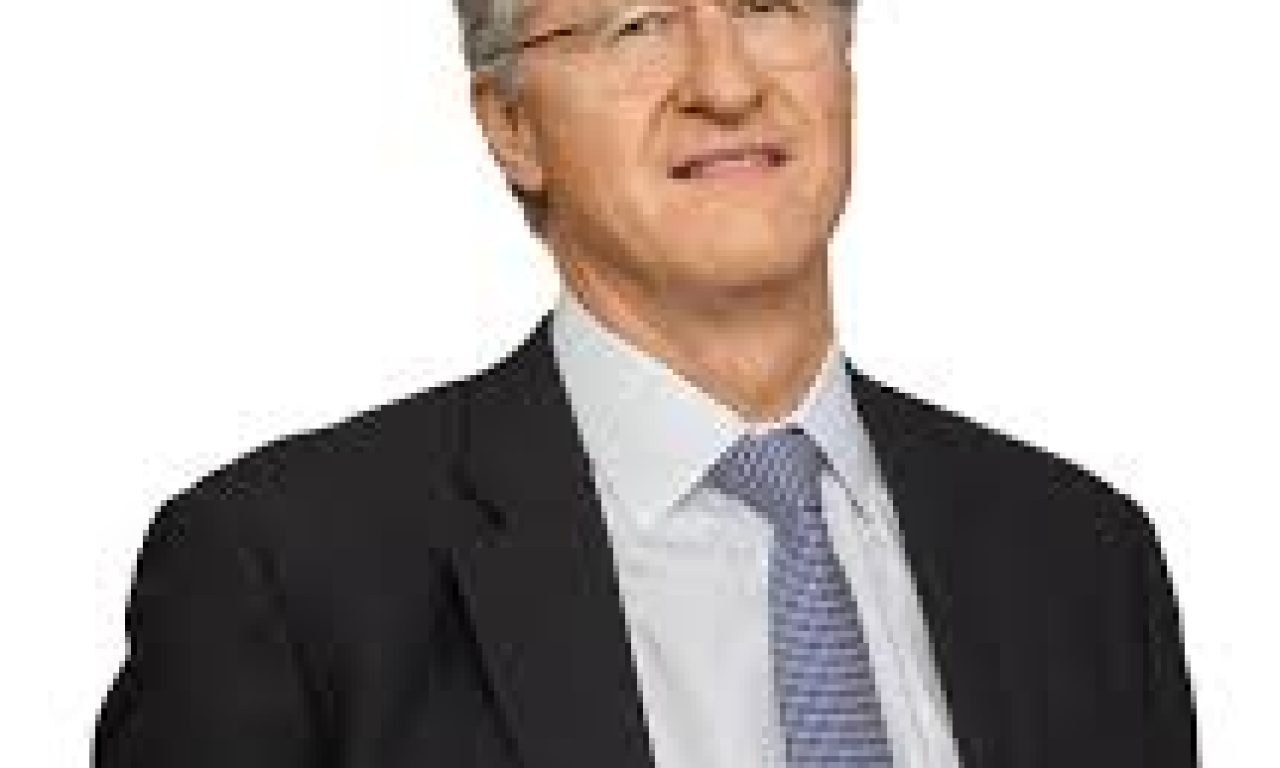by Greg Bright
It never rains but it pours. John Streur, the president and chief executive of US specialist ESG manager Calvert Research and Management, based in Washington, was scheduled to speak at three gatherings in Australia two weeks ago. They were all cancelled. His message is still clear, though. And it is about the long term. This is what he would have told us.
Streur says that he was disappointed to not be able to travel to Australia then… He has good information to impart. “We can really see how companies are performing and how they are engaging with their communities and treating their people. The corporate governance is playing out in real time. We are able to see companies in their true light.”
He says: “One of the things we’ve thought about a lot is the role of corporations in society. The questions we ask are consistent with the ESG profiles of companies…” With this (the COVID-19) ESG issues are more relevant in people’s minds than ever before. That’s for sure.
He says that one of the things Calvert’s people have been thinking about is the role of the “corporation” in society. This is analagous with what Willis Towers Watson calls the ‘universal owner’. Willis Towers Watson’s head of investments, Roger Urwin, says that the ‘universal owner’ is so large that it can influence the whole of its country, if not the whole world. The biggest fund in the world is the US$1.6 trillion GPIF in Japan. Urwin is a fan of the fund, even though it still invests mainly in Japanese bonds. It is evolving.
“In Australia and New Zealand,” Streur says, “One of the things we’ve been thinking about is the role of the corporation in society. This is consistent with our ESG profiles. So, we expect our team to think about this a lot over the next few weeks and beyond… It’s a dramatic question to ask which is: ‘what is the impact of this crisis?’ Is it possible that ESG issues are now more relevant in people’s minds than ever before?… But we continue to drive our firm every day in the same way.”
If Streur was able to make it to Australia last month he would have witnessed some welcome rain. Some of his countrymen died in the fight against our fires. But this is a different time. Apart from the medical researchers who are trying to develop ways to fight the coronavirus, the economic response from governments is incredible. It’s more than any government did in response to the global financial crisis.
The late Steve Jobs was a very good communicator. He told an audience of finance people in 2009 that they were ‘hopeless’ at selling their own message. For instance, the first American quantitative easing package, which was about US$750 billion, did not sound like much to a room filled with finance types. Jobs said, words to the effect: “You should pitch it this way. If I said to you that I would give you $1 million every day to spend, since the birth of Christ (2,010 years ago at the time, if you are a believer), $1 million a day, then that would add up to what was then the first QE package.” The current response from governments all around the world is even more significant. In fact, you’d have to think about whether it’s too much.
Streur said: “Big mining companies are so important in Australia. But we can see them change over time. As investors, we think it’s important to guide companies through all this… Some companies say: ‘this is too difficult, we should avoid it’. But other companies are transitioning to a more meaningful world and want to engage with their investors, like us.”
Calvert has about US$21 billion under management (as at December 2019). It manages both equities and fixed income mandates. Its mantra is: “We believe making informed investment decisions requires taking a company’s holistic risk and opportunity profile into account – something that’s impossible to do without a deep understanding of relevant Environmental, Social and Governance (ESG) factors.”
Streur says that philanthropy, which is much more significant in America than Australia, is very useful for impact investing. But so are governments. “We want to suggest and support socially motivated investment programs,” he says. “If you don’t have the philanthropy element and don’t have the government element it’s much more difficult.”
Ty Thurgood, the head of sales and marketing at Eaton Vance, based in Sydney, says that Calvert is a three-decades-old firm. “I love to put Calvert up against any other firm,” he says. “We are not just about equities. We are also about fixed income too… We compete, really well, with the best of both worlds. We have good performance and we make an ESG impact.”

